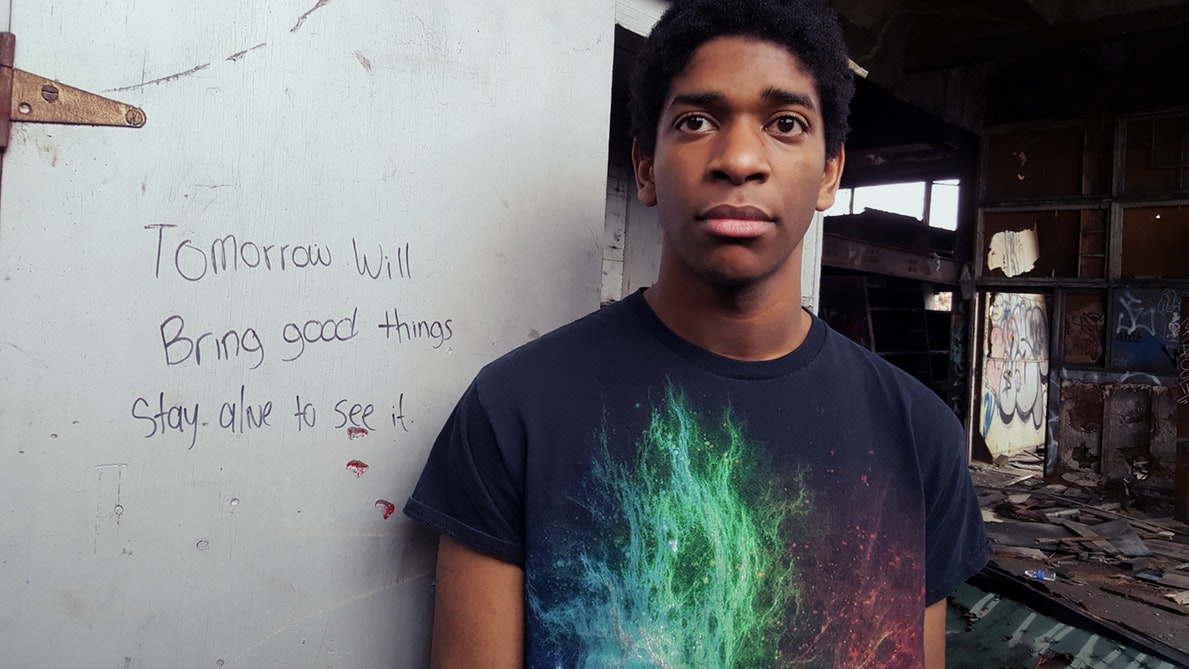
What does it look like to grieve? This was a clear question that came from the audience during a speaking engagement and a valid one at that. While I had made it a point to address the need to work through the grief, this person wanted specific examples, concretely, of what it looked like to grieve.
First, everybody grieves in their own unique way. Since each loss is personal, personality has a lot to do with the process and not everybody grieves the same. There are also many kinds of losses including losing a loved one to death, divorce, substance abuse, etc. Loss may come through adverse experiences such as abuse or through natural experiences such as retirement and empty nesting. Grief is often complicated when we stuff it down, avoid it and/or try to ignore the pain or the reality of what has occurred. We’d like to think that it doesn’t exist if we can hide it and we often hide our wounds with numbing agents including alcoholism, workaholism, over eating, etc. Grief is also not something we deal with one time and then we’re good.
What it Looks Like to Grieve
Rumi once said, “The cure for pain is in the pain.” Like a good hunt we move toward the pain, not around it. The idea is to address the pain, not avoid it. Grieving well can come through crying or laughing about a past memory, talking about our loss and sharing the memories with others, writing about it or writing a letter. Take the time to slow down and remember, consider looking through pictures and old articles, take memories and create a way to remember or honor a loved one in your present life, consider giving a gift or donation in honor of a loved one, continue to honor birthdays, don’t put a limit of time on your grieving, join a support group and learn from others, meet with a licensed counselor and address the loss.
While we are death-obsessed we are also a grief-avoidant society. I learned this when my mom died. I was in college and realized it was taboo to actually share how you were feeling. People often don’t want to see you feeling sad so they will avoid the topic altogether. This leaves the bereaved feeling without a voice. Throughout America I help individuals and families understand – you may fumble over your words, as it’s not really about saying the perfect thing. It’s about engaging the person, listening well and demonstrating understanding and comfort, and, as they say, use words when necessary. The holidays may be especially difficult. It’s during this time of year I recommend to clients creating a personal self-care plan that identifies your needs, personal boundaries, support system and even as you grieve, creating short and long term personal and professional goals. We are not stuck. We are living in the new normal.

